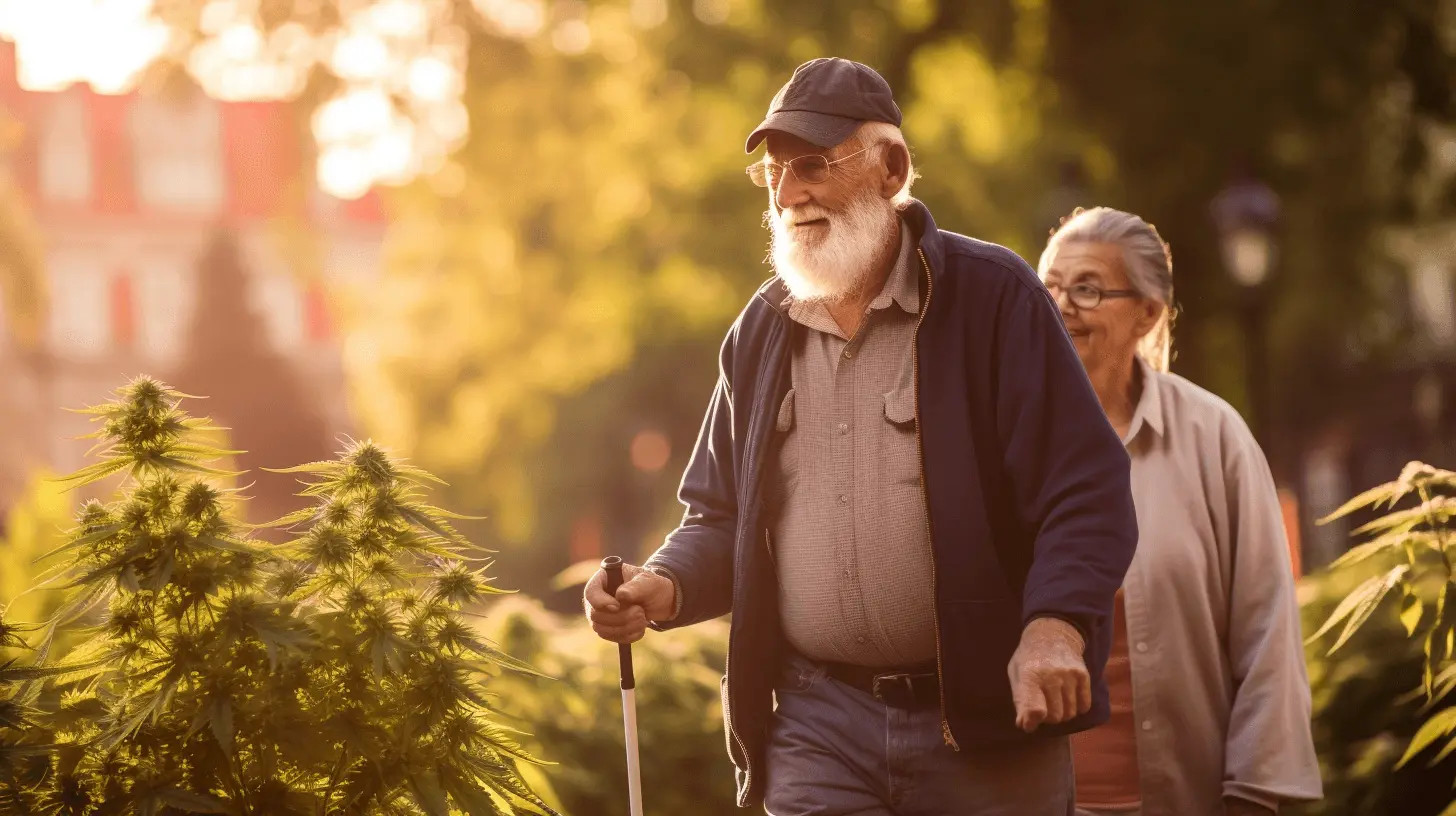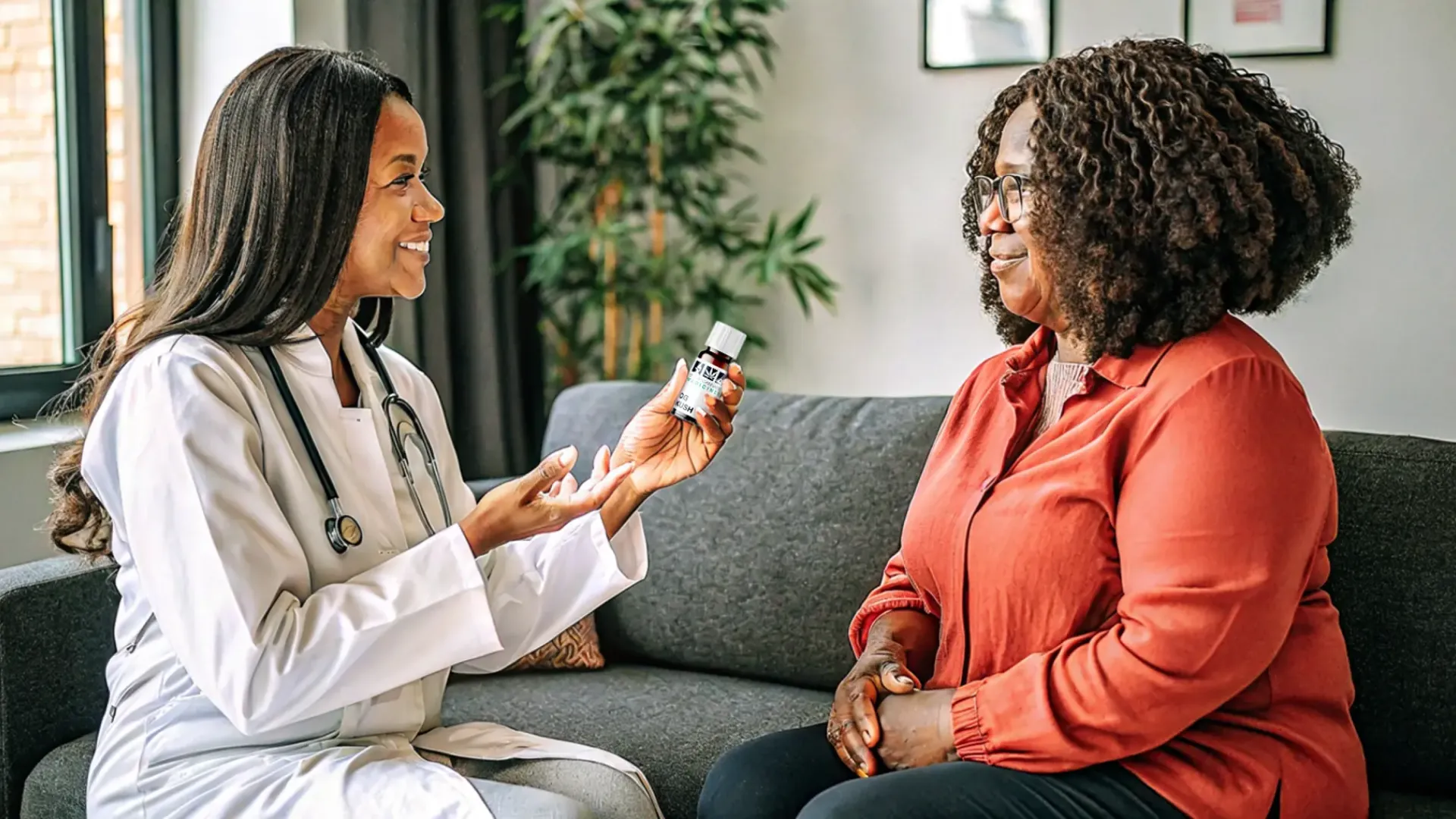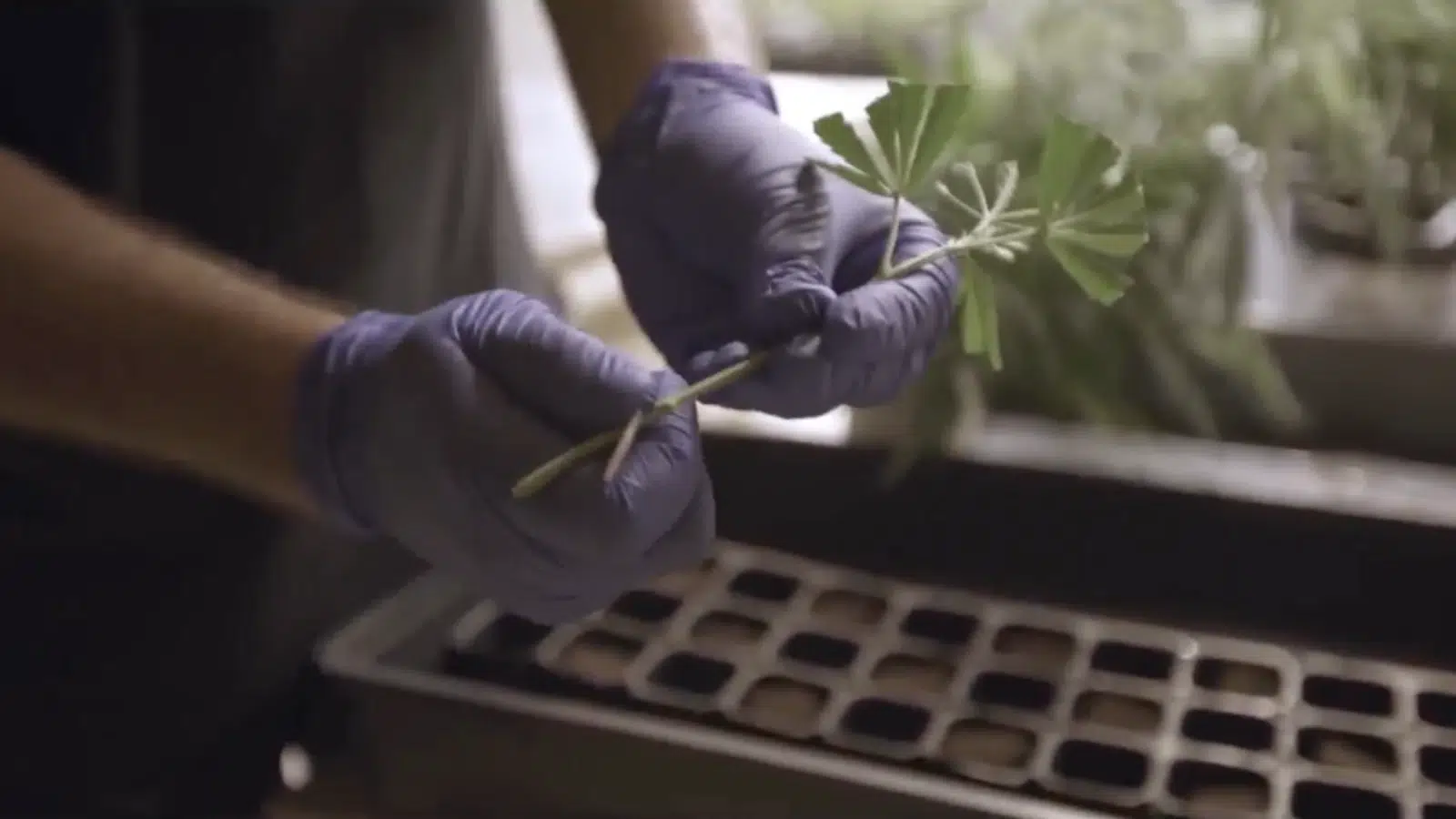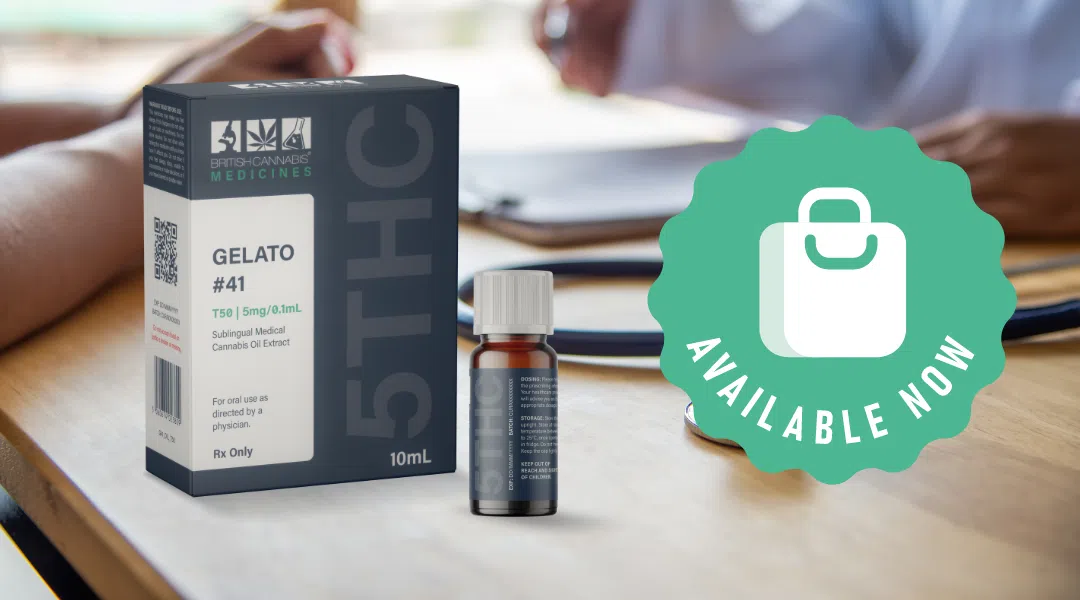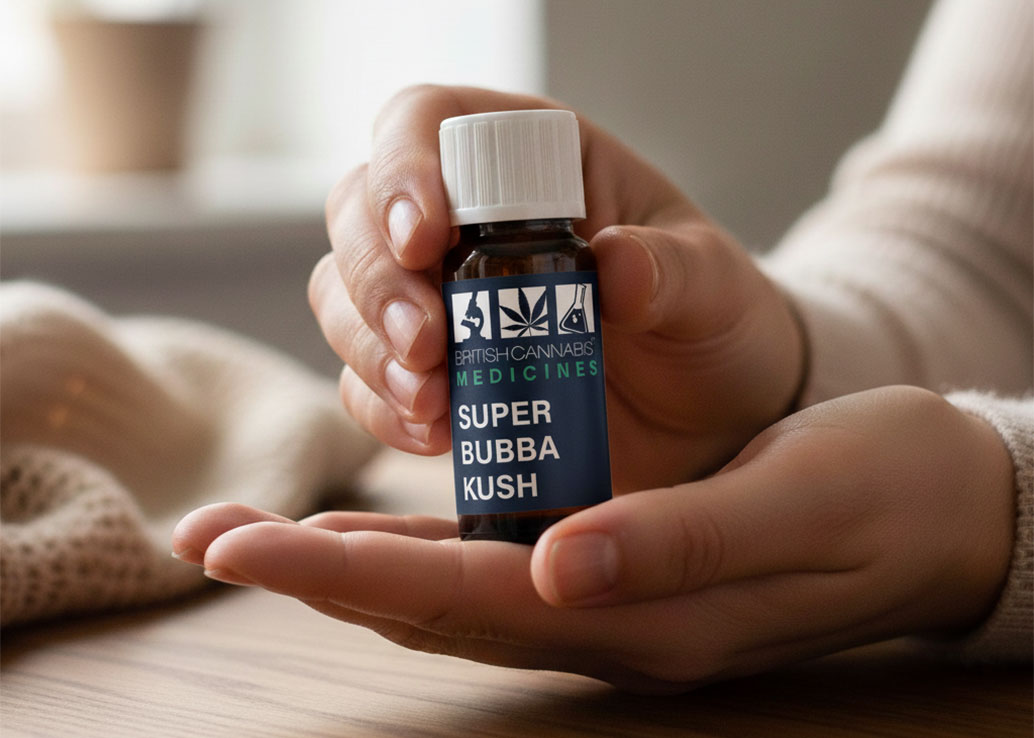
Can Medical Cannabis Revolutionise Parkinson’s Treatment? What BRITISH CANNABIS Unearths
Introduction
Introducing a seismic shift in Parkinson’s disease management with medical cannabis making waves as an innovative remedial option. Standing as the second most prevalent neurodegenerative disorder influencing the nervous system and brain, Parkinson’s is hallmarked by a plethora of symptoms ranging from notorious tremors and stiffness to mental health concerns like anxiety and depression. With one in thirty-seven people in the UK anticipated to be diagnosed within their lifetime, could medical cannabis be the therapeutic game-changer we’ve been waiting for?
Key Takeaways:
- Parkinson’s disease affects nerve cells in the brain leading to movement and cognitive issues.
- Levodopa treats the motor symptoms of Parkinson’s with significant side effects, challenging patient compliance.
- Evolving attitudes towards cannabis offer potential therapeutic benefits for this neurodegenerative condition.
- US-based Parkinson’s patients have shown significant improvement with medical cannabis usage.
- Scientific trials underscore the potential value of cannabis in neurological disease management, with further research highly warranted.
The Neuroscientific Depths of Parkinson’s
As we plunge into the neuroscientific depths of Parkinson’s, the basal ganglia becomes the prime focus, a brain region crucial in controlling movement. Conversely, such functioning is closely linked to the neurotransmitter dopamine. A decrease in this vital chemical due to damaged nerve cells leads to the prominent symptoms experienced by Parkinson’s patients. The neurological quakes that erupt along the way still leave scientists puzzled as to the root cause of the condition.
Current Treatments and Their Flaws
Current treatments mainly aim at symptom management, with Levodopa being at the forefront. Unfortunately, this primary line of therapy isn’t free from flaws, given the perturbing side effects, such as nausea, vomiting, low blood pressure and restlessness, that potentially worsen impairments felt by patients.
The Green Revolution: Medical Cannabis
Now enters the green revolution – the role of medical cannabis in the management of Parkinson’s. Nearly half of the US Parkinson’s population has already started using cannabis as an auxiliary treatment, with promising results such as reduced prescription medication and lower disability levels. The most common active compounds in the plant, cannabinoids, interact with the body’s endocannabinoid system, which is involved in the modulation of mood, cognition, motor, and pain.
Research Findings
Research is trickling in, showing the effectiveness of cannabis in rodent studies where CB1 receptors appear to support movement control. There’s growing indication that applying synthetic cannabinoid agonists, such as Nabilone, in co-treatment with levodopa boosts levodopa’s effectiveness and throws a protective net around the nerve dopaminergic lesions.
On the human studies front, results are emerging suggesting similar trends. A 2014 study noted significant improvements in motor and non-motor symptoms among Parkinson’s patients using cannabis. Meanwhile, an Australian systematic review in 2022 proposed that moderate evidence points to cannabis’ potential to mitigate several symptoms, including tremors, anxiety, pain, sleep disturbances and overall quality of life.
What BRITISH CANNABIS™ Has to Say:
We are excited about the potential of medical cannabis for Parkinson’s, and we are committed to the advancement of research in this area. While it’s crucial to remember that the National Institute of Health and Care Excellence (NICE) doesn’t officially recommend medical cannabis for Parkinson’s treatment, private cannabis clinics may offer this treatment option for patients unresponsive to other alternatives. Not only does this reflect our tenacious drive to understand the science behind it, but it also paves new paths for patients seeking different ways of managing their condition. For those needing additional guidance on getting a medical cannabis prescription in the UK, our leafy guide is here to provide insightful assistance.
Share this post
Newsletter



